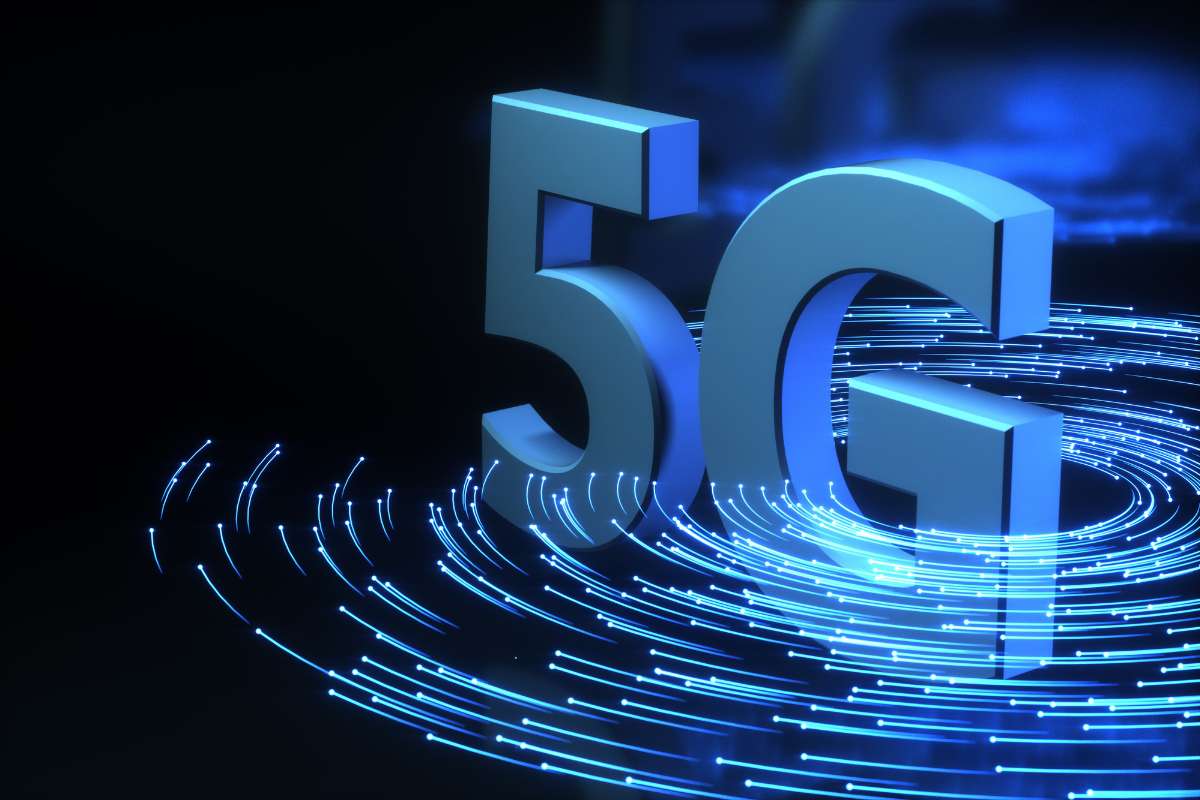Indian private telecom players are expected to launch 5G networks this week. Telcos would be pricing 5G plans somewhere near the 4G tariffs. This is because there aren’t many use cases of 5G for consumers for them to justify spending more and getting 5G. While 5G can enable great speeds and lower latency connections, even 4G can be sufficient for many. People who are working from their homes won’t even go for 4G and 5G; they would rather go for fibre broadband connection if it is available in their area. Reliance Jio, Bharti Airtel, and Vodafone Idea will likely not benefit in the average revenue per user (ARPU) department with the launch of 5G. This is because to ensure that people actually prefer 5G over 4G in the early days, telcos would have to keep the pricing almost similar. If the tariffs are too high for 5G, consumers will likely stay with 4G services. In a note seen by ET Telecom, Jefferies said that Chinese telcos have focused on lower price/GB metric with similar price points (between 5G and 4G) to promote adoption. It also makes sense. If the consumers are satisfied with 4G, they won’t upgrade to 5G until and unless they don’t see any downside in the price as there aren’t many upsides in the use cases of 5G at the moment for the consumers.
5G Adoption to be Crucial for Airtel, Jio and Vi
5G adoption would be crucial for the telecom operators who are going to spend billions of dollars in the coming years on bringing 5G to every part of the nation. But with 4G tariff hikes, even 5G tariffs would move up. The only way telcos can go about increasing their ARPU right now is by increasing the base tariffs of 4G. High ARPU or high-income customers can think about shifting to 5G. But low-income customers is where the scale is in India for the telcos. The telcos would have to make 5G a lucrative deal for the consumers to upgrade from 4G to 5G. Gopal Vittal, CEO of Bharti Airtel, recently said that the industry price repair is unfinished. Vittal is not afraid of consumer acceptance of tariff hikes as he believes since telecom services are essential, consumers would pay for the services, even if the tariffs go up. Right now, Airtel’s ARPU is at the top - Rs 183. Airtel wants to surpass Rs 200 ARPU levels in the short term. The telco would be able to achieve that post the tariff hikes in FY23.
